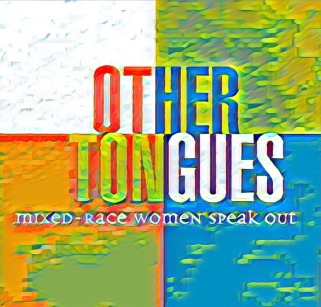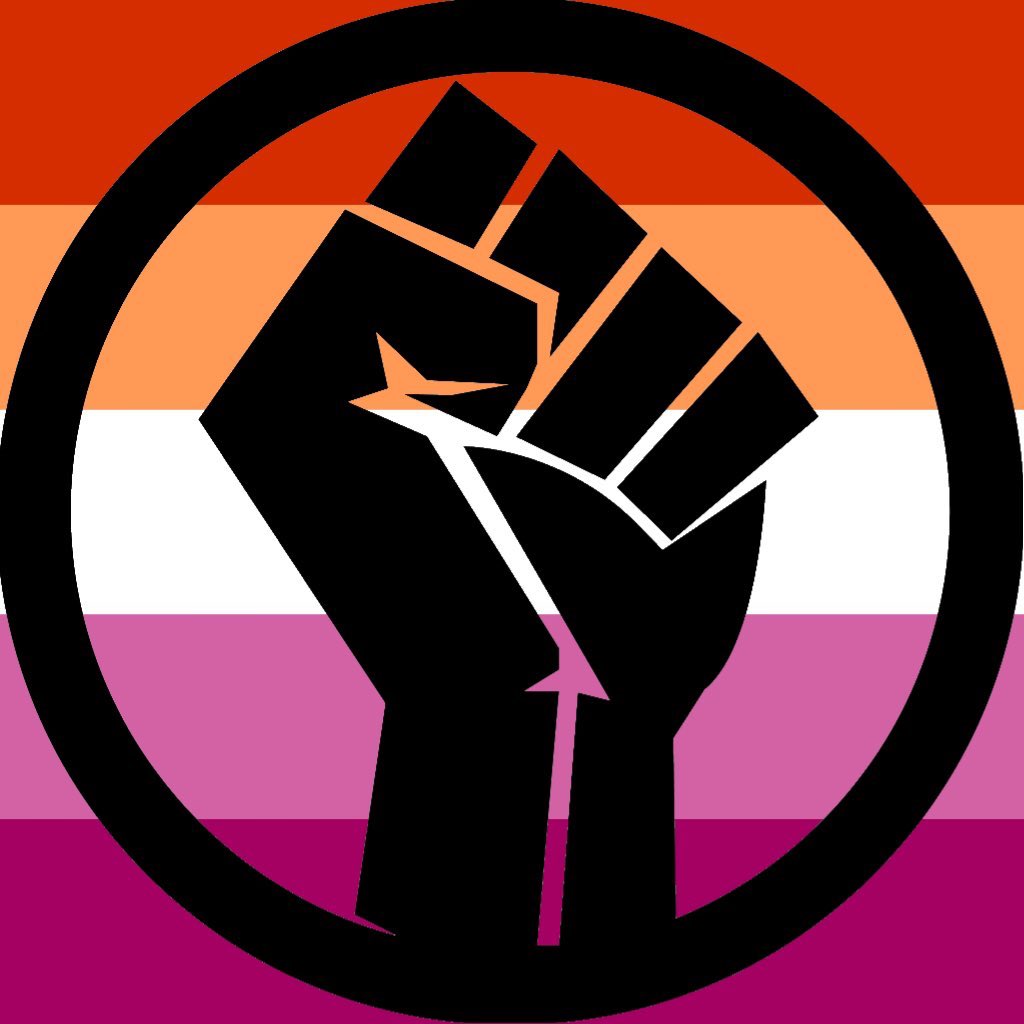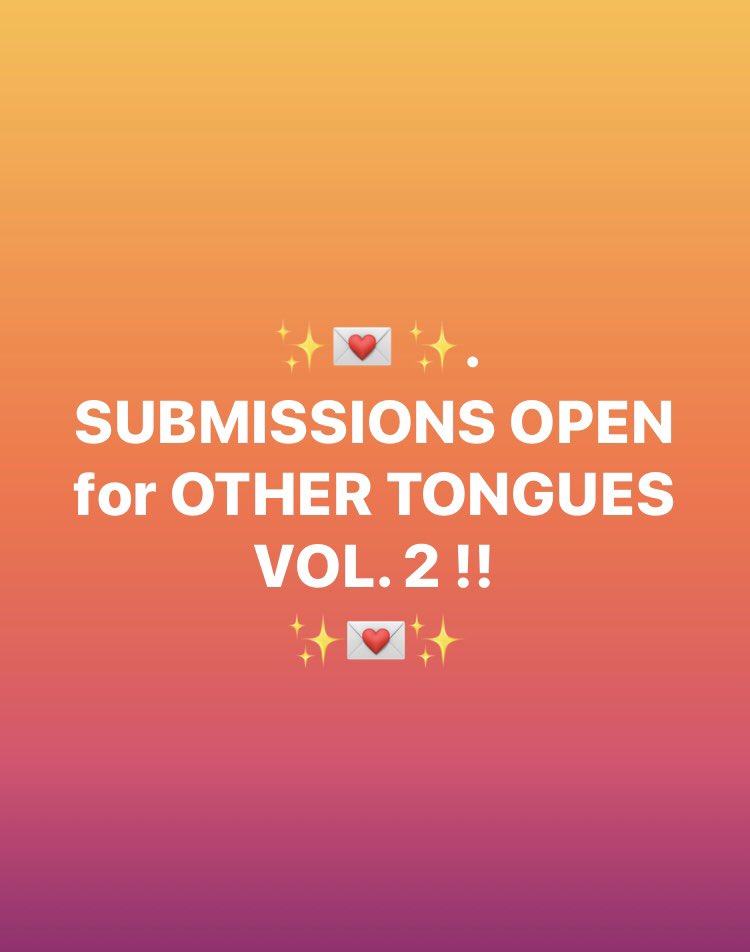Other Tongues: Call for Submissions VOLUME 2Posted in Arts, Autobiography, Canada, Caribbean/Latin America, Identity Development/Psychology, Media Archive, United States, Wanted/Research Requests/Call for Papers, Women on 2020-08-22 20:55Z by Steven |
Other Tongues: Call for Submissions VOLUME 2
I Wonder As I Wonder
2019-09-16
Mixed-Race Women Speak Out (Again!)
Co-editors Adebe DeRango-Adem and Andrea Thompson are seeking submissions of writing and/or artwork for a follow-up anthology of work by and about mixed-race women, intended for publication by Inanna Publications in 2020-21.
Deadline for Submissions: SEPTEMBER 1, 2020
The purpose of this anthology is to explore the question of how mixed-race women in North America identify in the 21st Century. The anthology will also serve as a place to learn about the social experiences, attitudes, and feelings of others, while investigating more general questions around what racial identity has come to mean today. We are inviting previously unpublished submissions that engage, document, and/or explore the experiences of being mixed-race…
…WHAT IS OTHER TONGUES?
The first edition of Other Tongues: Mixed Race Women Speak Out was born from a desire to see a new and refreshing literature that could be at the forefront of mixed-race discourse and women’s studies, while providing a space for the creative expression of mixed-race women. Through an inspirational and provocative mix of visual art, literature, orature, creative non-fiction and academic analysis, Other Tongues chronicled the changes in social attitudes towards race, mixed-race, gender and identity, and the each of the contributors’ particular reactions to those attitudes.
The diversity of each woman’s story demonstrated the breadth and depth of the lived reality of the mixed experience for women in North America at that particular moment in time. In this way, the book became a snapshot of the North American racial terrain in the afterglow of the inauguration of the first mixed-race/Black American President—a pivotal point in history that many mistakenly labeled the dawning of a “post-racial” age….
For more information, click here.




